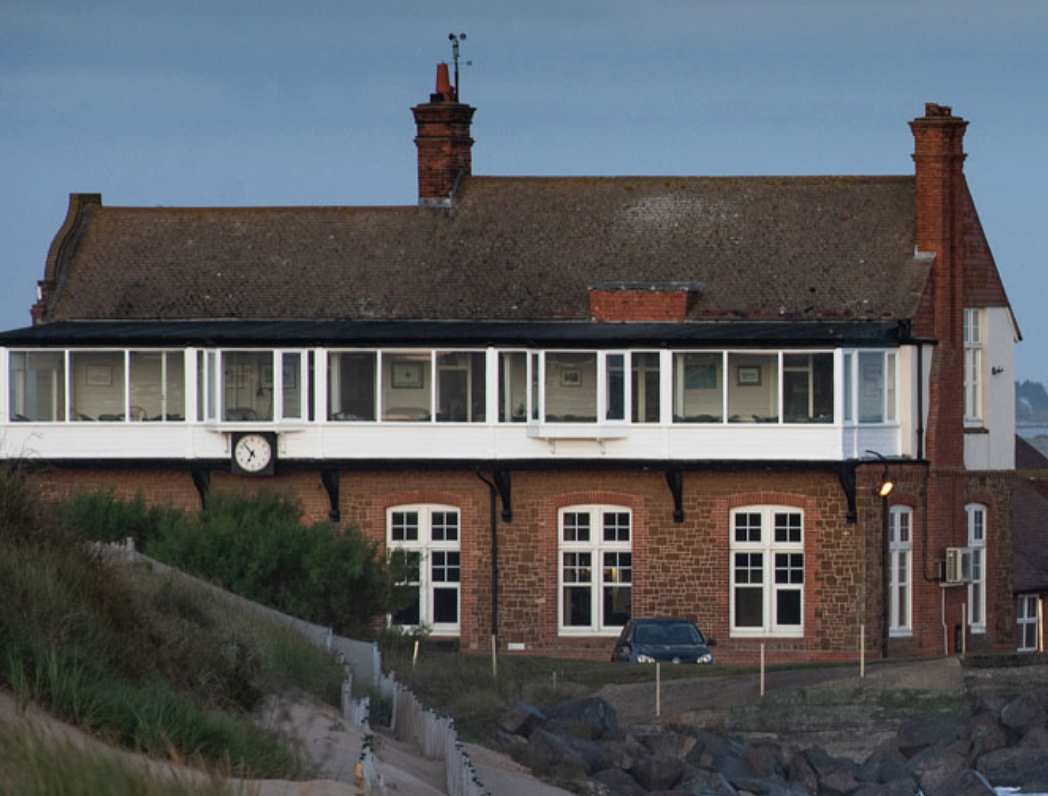
Case Study: Royal West Norfolk Golf Club - Portacabin Acoustic Improvement
Share
Introduction:
The Royal West Norfolk Golf Club, a prestigious establishment known for its commitment to providing an exceptional experience for its members, encountered a unique challenge during the refurbishment of its main building. The club had set up a temporary portacabin structure spanning over 100 square meters to serve as a restaurant and club house during the renovation period. However, this temporary solution suffered from severe acoustic issues, negatively impacting speech intelligibility and creating a disruptive, noisy environment that led to complaints from club members.
Challenge:
The primary challenge faced by the Royal West Norfolk Golf Club was the poor acoustics within the temporary portacabin structure. The building's interior featured metallic walls and ceilings, exacerbating the issue of sound reverberation. The club’s management was determined to find an acoustic solution that would effectively mitigate the noise problem without causing any damage to the existing ceiling, as any damage would lead to substantial dilapidation costs upon removal.
Solution:
Hyped up acoustics was approached and tasked with helping improve the acoustics in the portacabin. The first step was to use the dimensions of the portacabin to model the acoustics in the portacabin and determine the optimum number of acoustic panels required to reduce the reverberation times (RT60) to an acceptable level. Modelling the space enabled the team to present to the Royal West Norfolk Golf Club a recommendation on the amount of acoustic treatment and the expected results they would expect to achieve.
Innovative Mounting Solution:
One of the key innovations in this project was the mounting solution for the acoustic panels. In order to mount the panels in a non destructive manner the design team opted for magnetic discs as a means for attaching the panels to the ceiling. The use of magnetic discs was only possible, in this case, due to the extremely light weight of the Melaflex Evo panels.
High-strength neodymium magnets, known as Neodymium magnets, were employed to securely attach the panels to the ceiling.
This approach offered two advantages advantages:
-
Non-Destructive Installation: The use of magnets ensured that the panels could be mounted without causing any damage to the existing ceiling. This was crucial in avoiding substantial dilapidation costs.
-
Reusability: The panels could be easily removed and reused without sustaining any damage. This flexibility allowed for future adjustments or relocation of the panels as needed.
Results:
The implementation of the customised Melaflex Evo panels with metal discs and the innovative magnet-based mounting solution produced remarkable results:
-
Improved Acoustics: The acoustic treatment significantly reduced reverberation times within the portacabin, resulting in a quieter and more pleasant environment.
-
Speech Intelligibility: The enhanced acoustics greatly improved speech intelligibility, making it easier for club members to converse comfortably.
-
Member Satisfaction: The transformation of the portacabin into a quieter and more conducive space garnered positive feedback from club members. Complaints about noise were resolved, contributing to a more enjoyable experience for all.
The Royal Norfolk Golf Club successfully addressed its acoustic challenges in the temporary portacabin structure during the refurbishment of its main building. By customising Melaflex Evo panels with metal discs and employing an innovative magnet-based mounting solution, the club not only improved acoustics but also ensured a non-destructive and reusable solution. The result was a welcoming and peaceful space that met the expectations of its valued members, demonstrating the club's commitment to providing the highest standards of comfort and satisfaction.